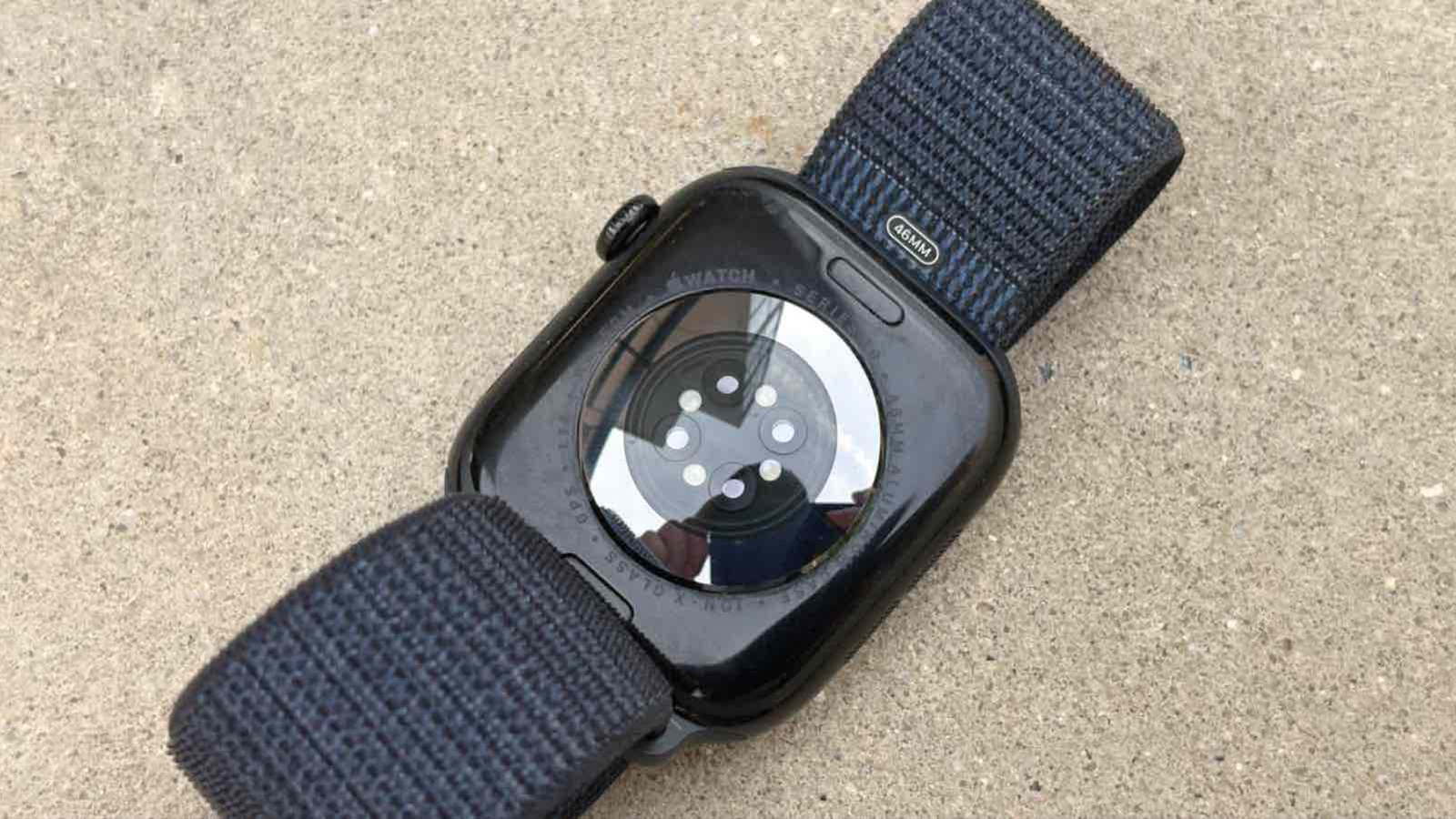Apple just unveiled its most ambitious health study yet – here's how you can take part with just an iPhone
The new study promises a holistic approach to tech, health, and research

- Apple has unveiled a major new health study
- The company wants to better understand how technology can improve physical health, mental health, and overall wellbeing
- You can take part using your iPhone, Apple Watch, or AirPods
Apple has unveiled a major new medical study that could completely change the way we think about technology, health, research, and medicine.
The Apple Health Study "aims to further understand how technology can play a role in advancing and improving physical health, mental health, and overall wellbeing." That includes Apple's own best iPhones, Apple Watches, and AirPods. The new study is available in Apple's Research app, and "will also explore relationships between various areas of health, such as mental health’s impact on heart rate, or how sleep can influence exercise."
The study is being conducted in collaboration with leading research outfit and Harvard teaching affiliate Brigham and Women's Hospital.
Apple says it hopes to help tackle one of the biggest issues with medical research – limited numbers of participants and data. The company says that more than 350,000 people in the US have taken part in previous studies for women's health, hearing, and heart health and movement. Here are the details and how you can get involved.
The most ambitious Apple Health Study yet?

Apple says the new study "aims to understand how data from technology – including Apple and third-party devices – can be used to predict, detect, monitor, and manage changes in participants’ health," and will also explore the connections between different areas of health.
It spans a multitude of different health and disease areas, including activity, aging, cardiovascular health, circulatory health, cognition, hearing, menstrual health, mental health, metabolic health, mobility, neurologic health, respiratory health, and sleep. Previously, Apple has focused its studies on one such area, like hearing, making this new study the most ambitious yet by some margin.
Apple says the new study "is designed to explore changes in health and how technology can help identify important insights for future product development," noting that when an aspect of health changes the body can emit a physical or emotional signal. Identifying these changes can help to offer a more proactive approach to health, with monitoring performed using health features like sleep apnea detection on the Apple Watch Series 10.
Get daily insight, inspiration and deals in your inbox
Sign up for breaking news, reviews, opinion, top tech deals, and more.
The best bit? If you live in the US you can take part. If you meet the minimum age requirements, you can sign up for enrolment through Apple's Research app. Participants can perform tasks and ask questions, as well as read research. As you'd expect with Apple, you can chose exactly what data you do and don't share, and you can withdraw at any time.
You may also like
- The Apple AI health coach sounds like it's no longer stuck in development hell
- I've spent 10 years with Apple Watch, and after 10 minutes with the Galaxy Watch Ultra, I can't believe Samsung skipped this feature
- Three Apple Watch features you're probably not using, but should be – according to Apple's VP of Fitness Tech

Stephen Warwick is TechRadar's Fitness & Wearables writer with nearly a decade of experience covering technology, including five years as the News Editor of iMore. He's a keen fitness enthusiast and is never far from the local gym, Apple Watch at the ready, to record his latest workout. Stephen has experience writing about every facet of technology including products, services, hardware, and software. He's covered breaking news and developing stories regarding supply chains, patents and litigation, competition, politics and lobbying, the environment, and more. He's conducted interviews with industry experts in a range of fields including finance, litigation, security, and more. Outside of work, he's a massive tech and history buff with a passion for Rome Total War, reading, and music.
You must confirm your public display name before commenting
Please logout and then login again, you will then be prompted to enter your display name.